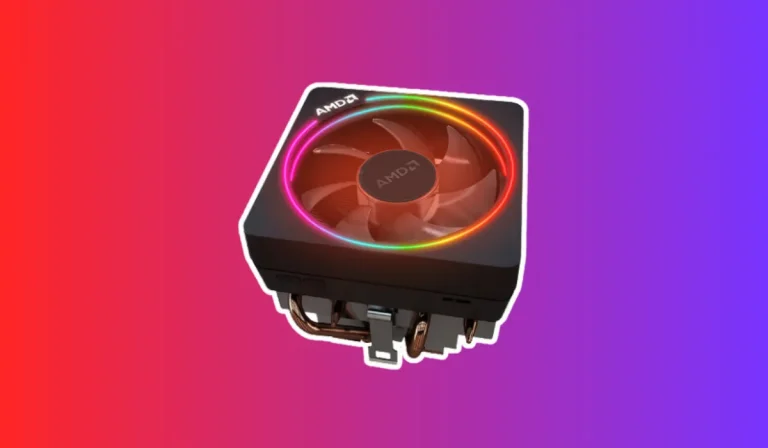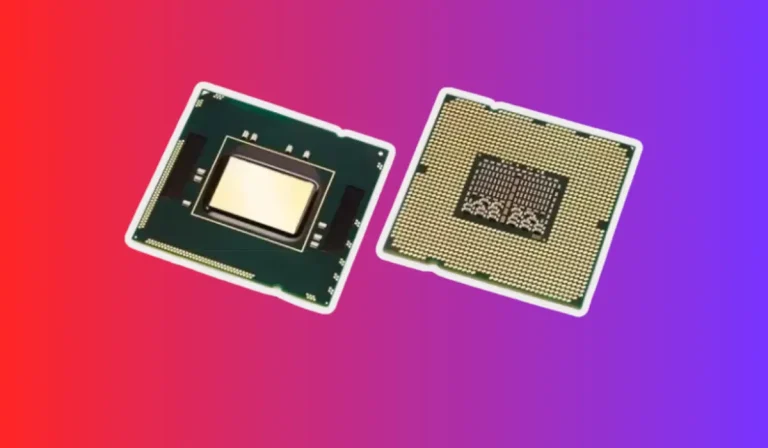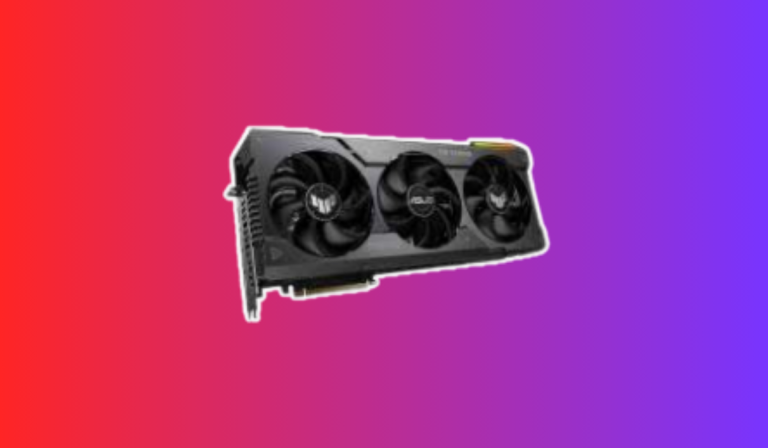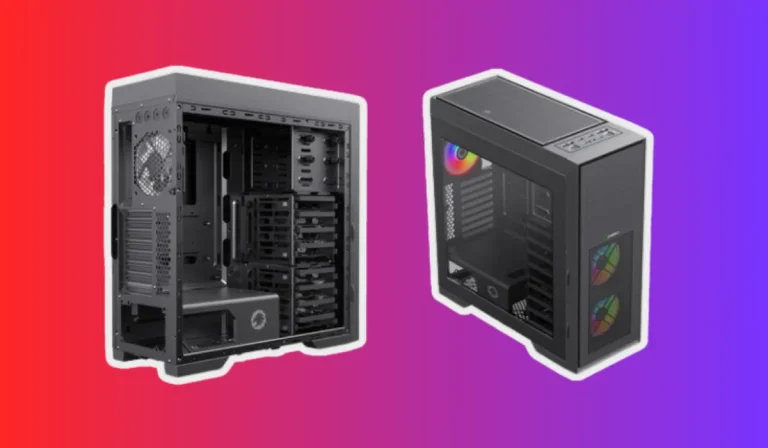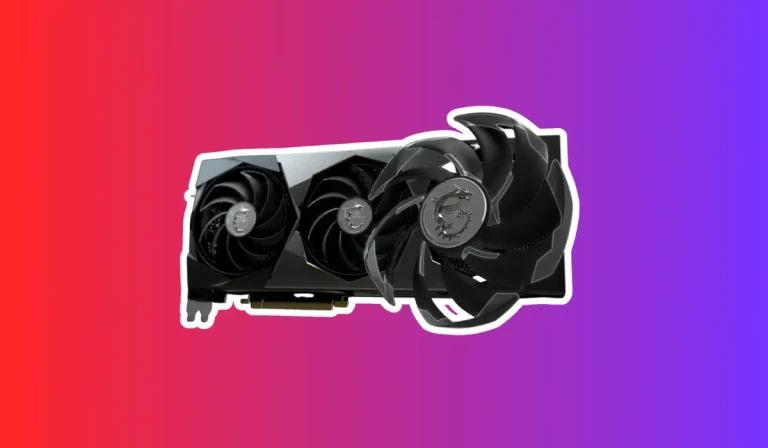How is Intel HD Graphics for gaming?
Are you an avid gamer or someone looking to dive into the world of gaming? One crucial aspect that can greatly impact your gaming experience is graphics. From immersive visuals to smooth gameplay, graphics play a vital role.
Understanding Intel HD Graphics
Integration and System Resources
Unlike dedicated graphics cards, Intel HD Graphics integrates with the system’s main memory and processing resources. This integration eliminates the need for additional hardware installation and ensures compatibility with a wide range of software and games. However, it’s important to note that the shared system resources can limit the performance of Intel HD Graphics.
Limitations for Gaming
While Intel HD Graphics can handle basic tasks and older games, it may struggle with more demanding and graphically intensive games. The performance of Intel HD Graphics can vary depending on the specific generation and model. It’s essential to consider these factors when evaluating its suitability for gaming.
Adjusting Settings for Optimal Performance
To optimize gaming performance with Intel HD Graphics, it’s recommended to adjust the graphical settings within games. Lowering the resolution and reducing the level of graphics details can help improve frame rates and overall smoothness.
Keeping the graphics drivers up to date is also important, as newer drivers often include performance improvements and bug fixes.
Performance of Intel HD Graphics
Processor Power and System Memory
The performance of Intel HD Graphics is closely tied to the power of the processor it is integrated with. Higher-end Intel processors generally have more powerful integrated graphics, resulting in better gaming performance.
Additionally, the amount and speed of the system’s RAM can also impact graphics performance, as the integrated graphics rely on the system’s memory resources.
Game Requirements and Optimization
When evaluating the gaming capabilities of Intel HD Graphics, it’s important to consider the specific requirements of the game. Some games may be more optimized for Intel HD Graphics and have lower system requirements, while others may demand more powerful dedicated graphics cards.
Checking the recommended system requirements of a game can provide guidance on whether Intel HD Graphics can handle it.
Adjusting Settings for Better Performance
To optimize gaming performance with Intel HD Graphics, it’s recommended to adjust the graphical settings within games. Lowering the resolution and reducing the level of graphics details can help improve frame rates and overall smoothness. This allows the integrated graphics to focus on delivering a more fluid gaming experience.
Enhancing Gaming Experience with Intel HD Graphics
Optimize In-Game Settings
Adjusting the graphical settings within games can greatly impact performance. Lowering the resolution and reducing graphics details can help improve frame rates and ensure smoother gameplay. Experiment with different settings to find the right balance between visuals and performance.
Keep Graphics Drivers Updated
Regularly updating your graphics drivers is crucial for optimal performance. Intel releases driver updates that often include bug fixes, performance improvements, and compatibility enhancements. Keeping your drivers up to date ensures you have the latest optimizations for Intel HD Graphics.
Monitor System Temperatures
Intel HD Graphics relies on the CPU for processing power, and intense gaming sessions can generate heat. Monitoring your system’s temperatures using software tools can help prevent overheating, which can negatively impact performance. Ensure proper airflow and consider using cooling solutions like laptop cooling pads or desktop fans.
Manage Background Processes
Closing unnecessary applications and processes running in the background can free up system resources, including CPU usage and memory. By minimizing the load on your system, you can allocate more resources to gaming, resulting in better performance and smoother gameplay.
FAQ’s
1. Can Intel HD Graphics handle modern, graphically demanding games?
Intel HD Graphics is not designed for high-end gaming and may struggle with graphically demanding games. It is recommended to check the system requirements of a game and consider a dedicated graphics card for optimal performance.
2. What factors affect the gaming performance of Intel HD Graphics?
The gaming performance of Intel HD Graphics is influenced by factors such as the specific generation and model of the integrated graphics, the power of the processor it is integrated with, and the amount and speed of the system’s RAM.
3. Are there any settings I can adjust to improve gaming performance with Intel HD Graphics?
Yes, adjusting the graphical settings within games can help enhance gaming performance with Intel HD Graphics. Lowering the resolution and reducing graphics details can improve frame rates and overall smoothness.
4. Can I play older or less graphically demanding games with Intel HD Graphics?
Yes, Intel HD Graphics can handle older or less graphically demanding games quite well. It is more suitable for casual gaming or games with lower system requirements.
5. Do I need to update the graphics drivers for Intel HD Graphics?
Yes, regularly updating your graphics drivers is important for optimal performance with Intel HD Graphics. Newer driver updates often include bug fixes, performance improvements, and compatibility enhancements that can enhance your gaming experience.
Conclusion
Intel HD Graphics provides a cost-effective and power-efficient option for graphics processing in laptops and entry-level desktops. While it may not offer the same level of performance as dedicated graphics cards, it can still handle basic tasks and older games.
However, for more demanding and graphically intensive games, a dedicated graphics card is recommended. It’s important to consider your gaming needs and budget before making a decision.

